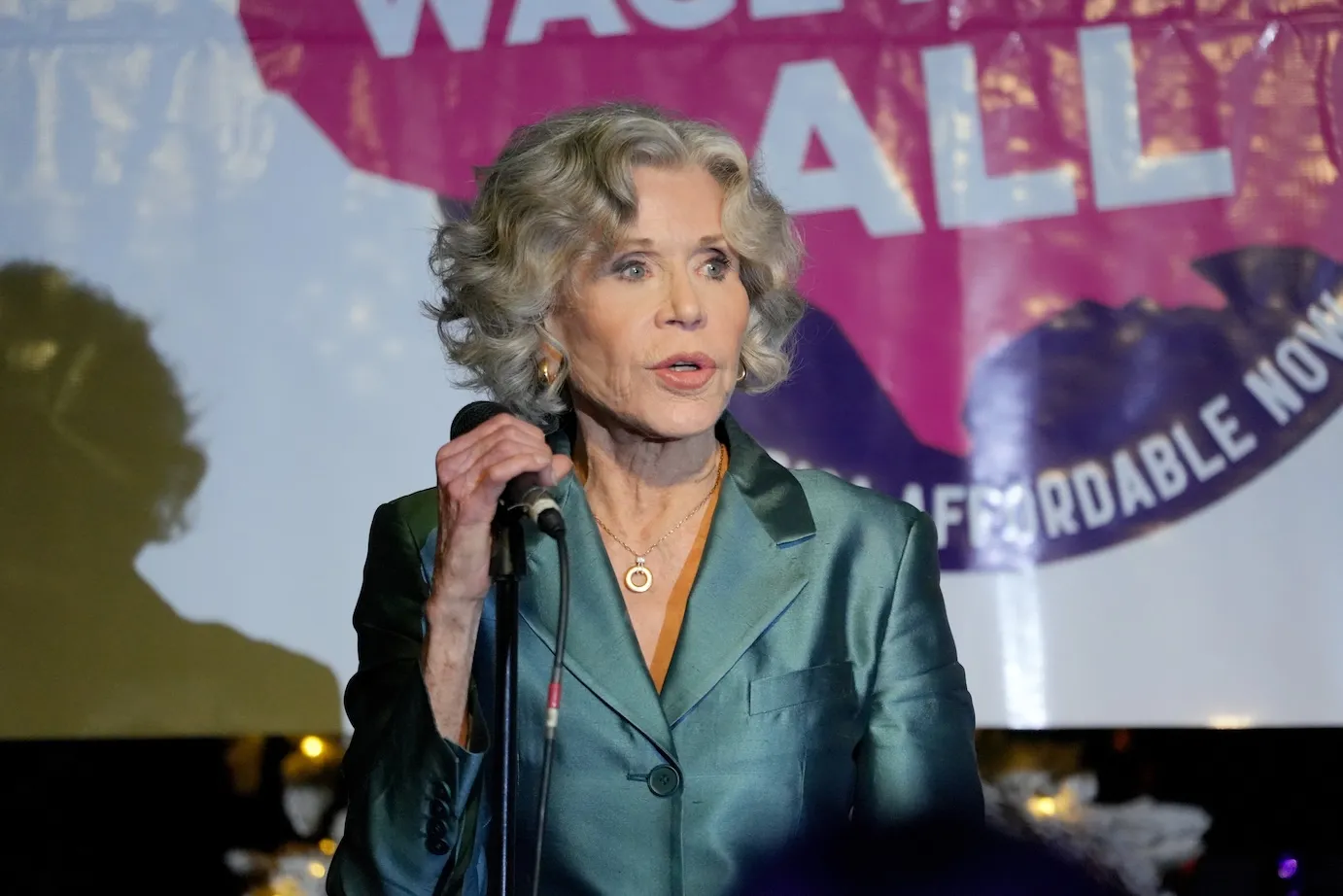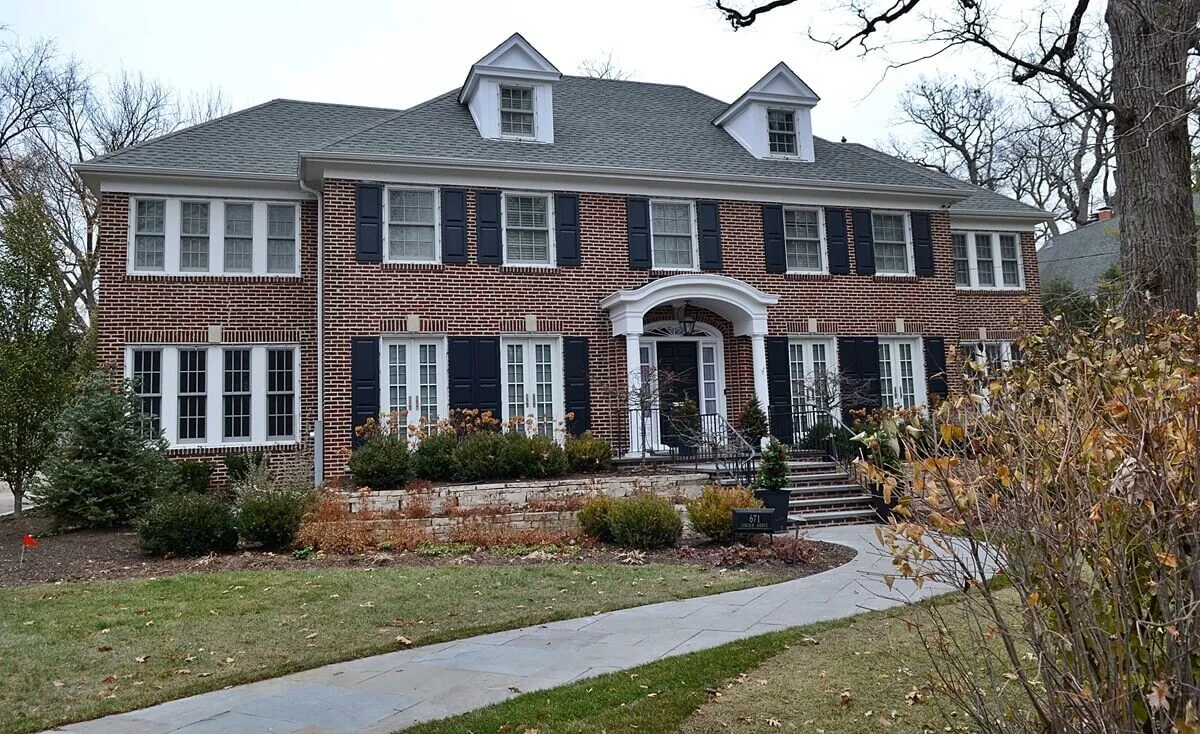‘Matlock’: Andy Griffith Quickly Learned That Working on the TV Legal Drama Was No Mayberry
When Andy Griffith took on the role of Matlock in 1986, a part that was created just for him, it became only the second ongoing series he’d had since The Andy Griffith Show in the 1960s.
Used to running things and being the last word on many a decision when it came to his namesake show, the actor soon discovered on Matlock that he was no longer in Mayberry.
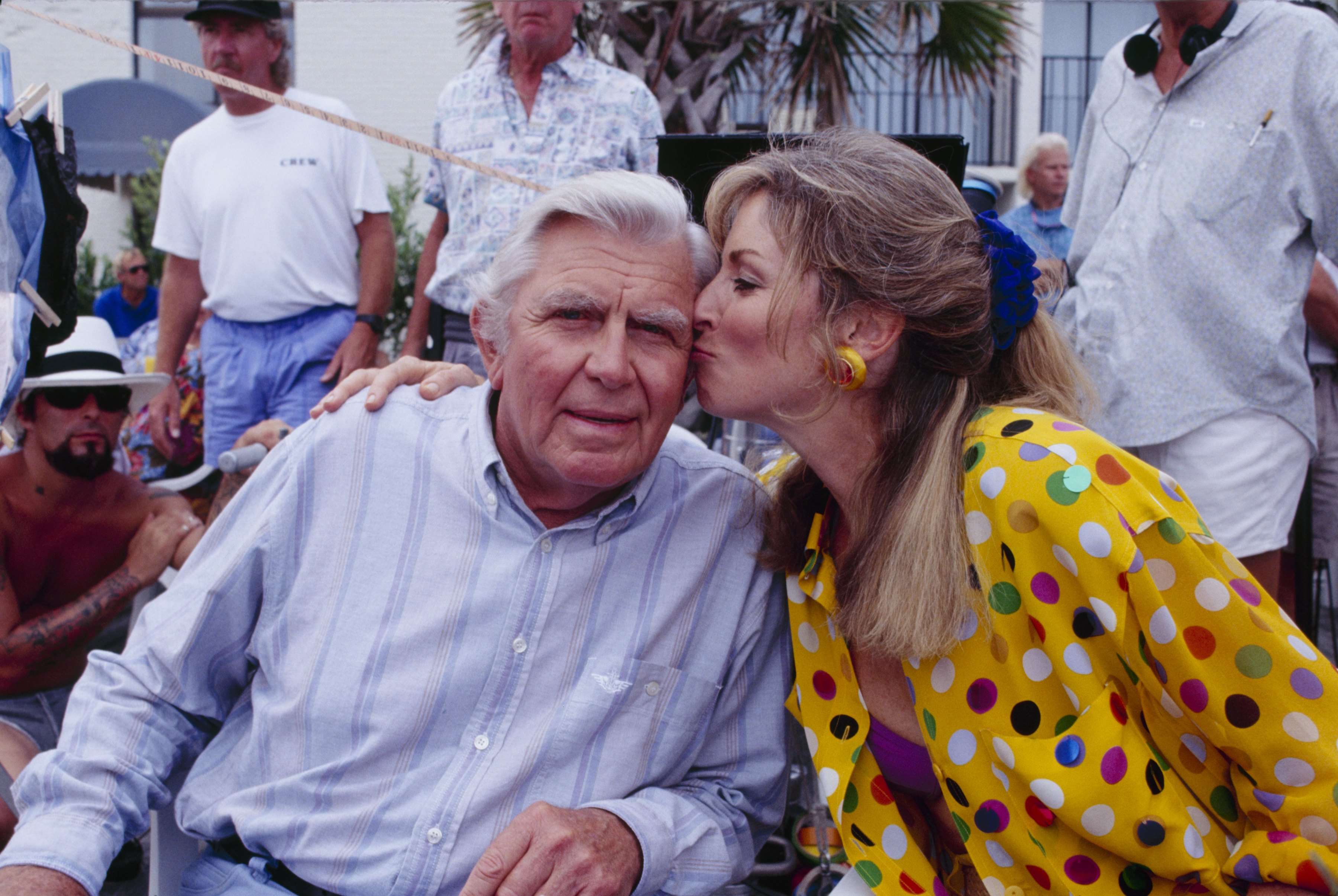
Griffith was used to writing and rewriting scripts
The North Carolina born actor had on the Griffith Show an unparalleled freedom to change practically anything he wanted. If he felt a script was getting too jokey, he edited it. If he wanted more drama in an episode such as “Opie the Birdman,” he pointed the writers in that direction. Between himself, producer Aaron Ruben, and show creator Sheldon Leonard, the Griffith Show was his kingdom.
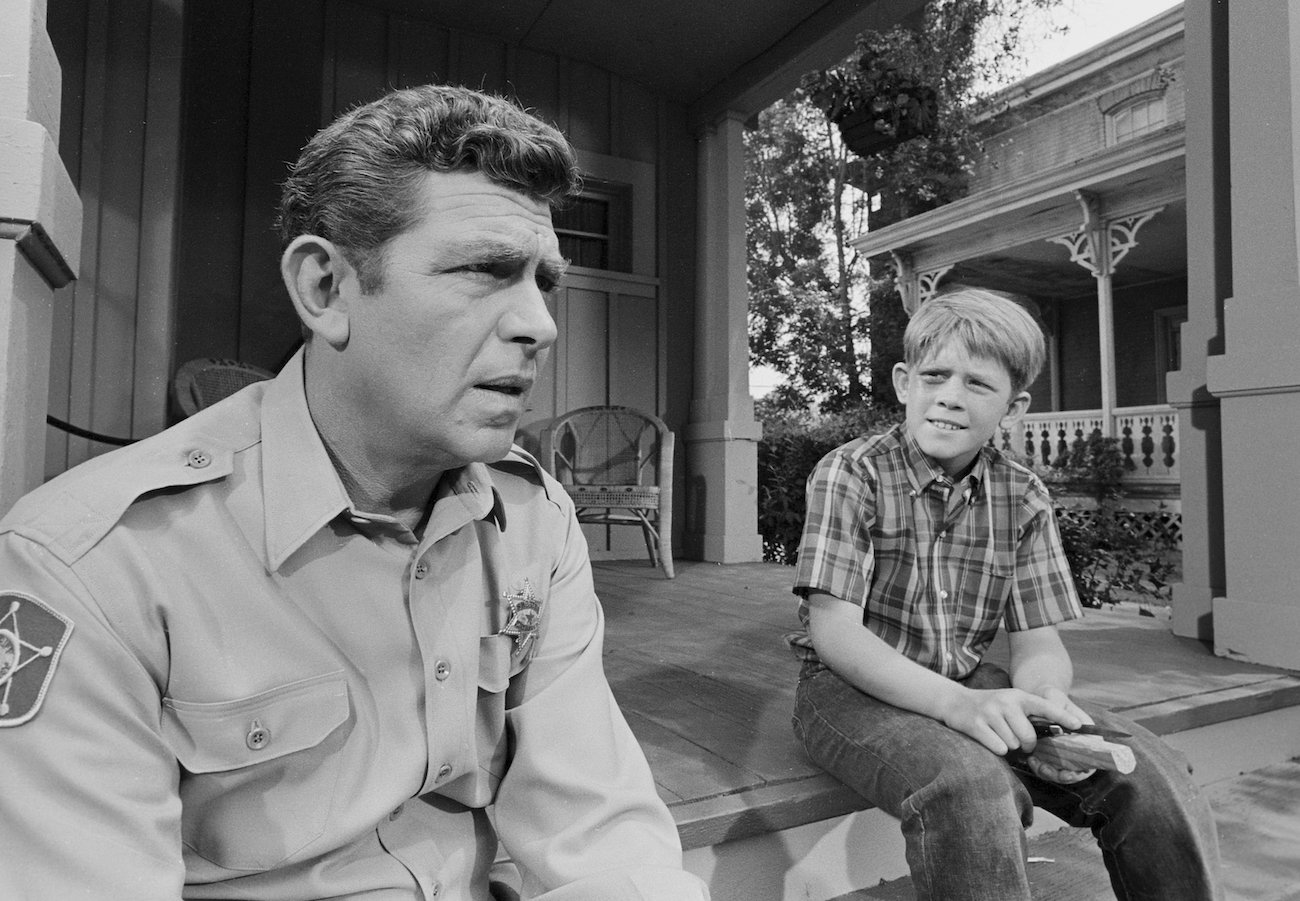
Daniel de Visé in his biography Andy and Don: The Making of a Friendship and a Classic American TV Show quoted Griffith as saying, “When I was doing the Griffith Show, the network was only your host. They came down once a year to say hello.
“When the network gained control and they put all these children in these offices, it all went to hell then. It was all so easy in the early days. It was just Sheldon and Aaron and me and Don.”
‘Matlock’ was a success and this is how the star and producers knew it
The mystery and legal drama never failed to rank in the top 20 television ratings. It was a steady hit for NBC.
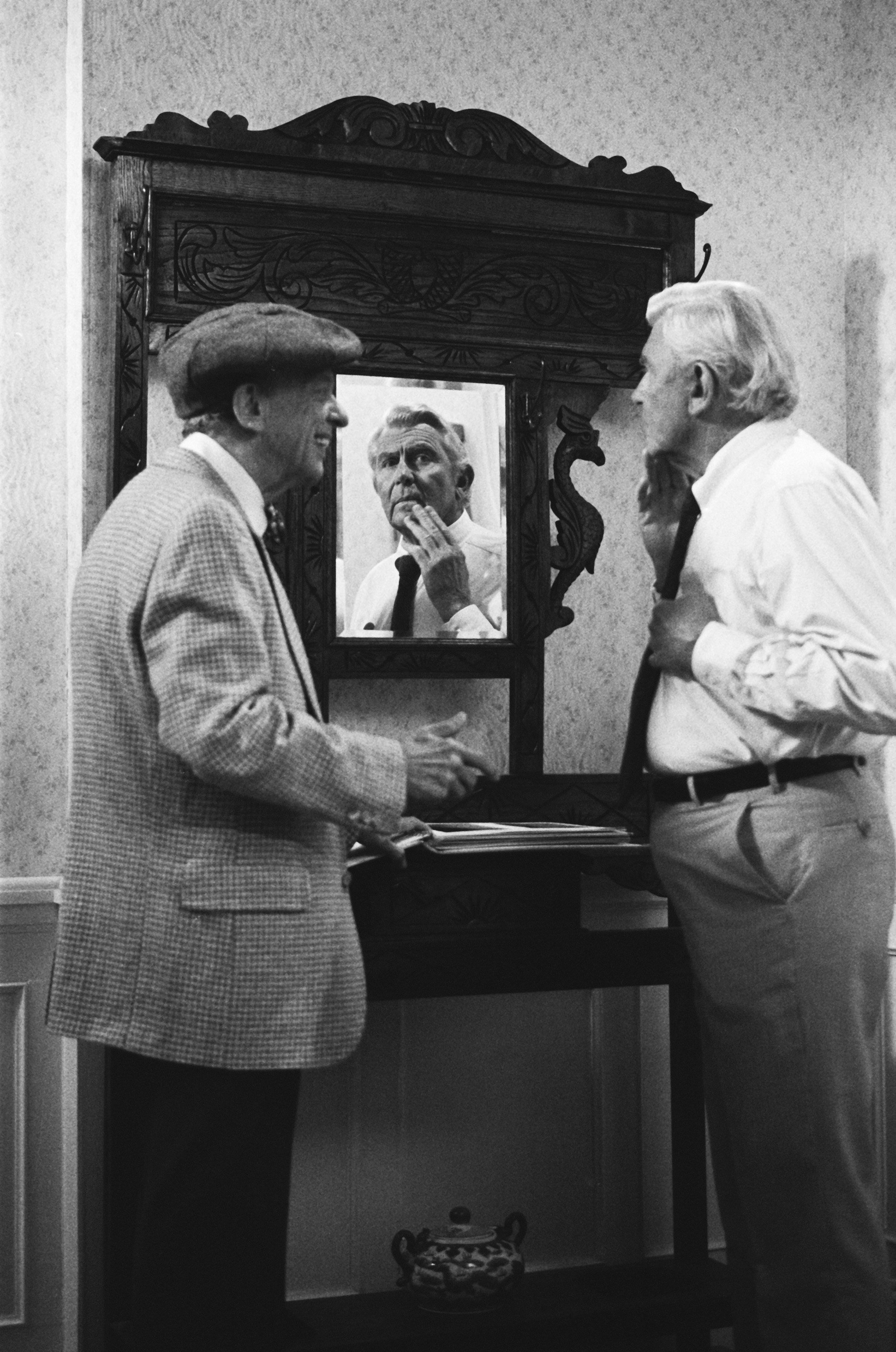
“Matlock remained a consistent top 20 draw through five seasons,” de Vise wrote. “NBC’s sales department would target the series from time to time because of its graying fan base. Matlock was becoming a part of popular culture.
“For good or ill, Andy and his program became synonymous with the over-60 crowd, a point frequently noted on the irreverent animated sitcom The Simpsons.”
Griffith was no longer the one in charge
Griffith discovered that, as much as he tried on the Matlock set, he wasn’t getting the same carte blanche to do as he pleased. The show’s creator Dean Hargrove was in charge of scripts and preferred that his star stay away from them.
“On the Griffith Show, Andy was accustomed to rewriting lines he didn’t like,” de Visé wrote. “Now, Andy found that the balance of power had shifted. And he found himself clashing with Dean Hargrove, the man who had rekindled his career.”
Hargrove, an Emmy-Award winning producer on the 1970s detective series Columbo, knew how to structure a good mystery for television and wasn’t in need of guidance or direction. He was there to make Griffith as beloved a TV crime/legal drama figure as Peter Falk had been.
“Dean was a seasoned television mystery writer,” de Visé noted. “Andy was not. Dean was happy to allow his star to tinker with his character’s mannerisms and to craft the occasional joke. [But] he would not let Andy alter the course of a story.”
